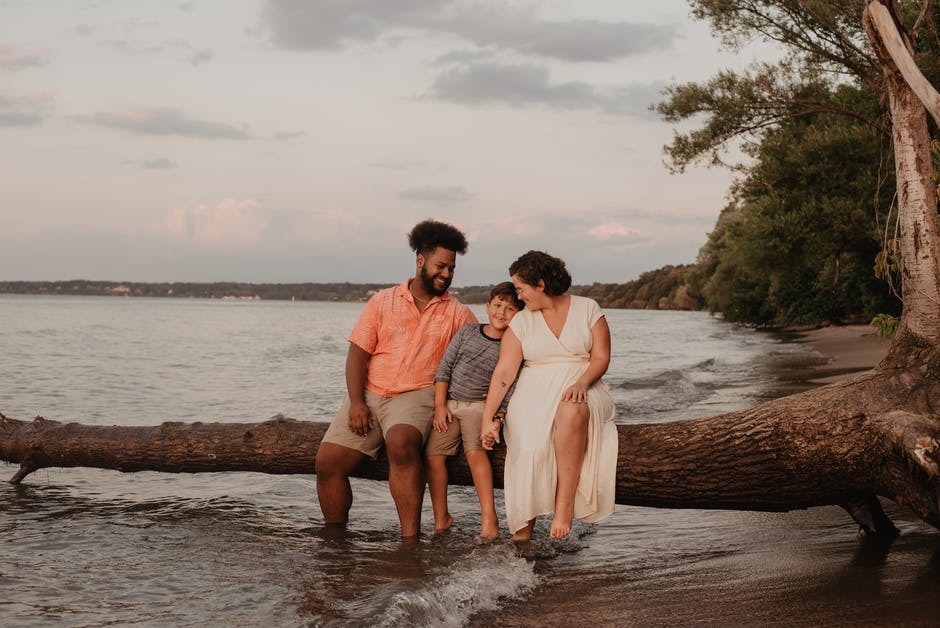Relationships are at the heart of every recovery journey. Motivations, goals, inspiration, and other elements essential to healing often come from personal and social relationships. Newport Beach Recovery Center understands the healing power of positive relationships. We incorporate multiple therapeutic tools in our rehabilitation programs that encourage healthy interpersonal connections during and after therapy, including family therapy and peer support.
According to the National Institute on Drug Abuse (NIDA), treatment plans must be adaptable because “In addition to counseling or psychotherapy, a patient may require medication, medical services, family therapy, parenting instruction, vocational rehabilitation, and/or social and legal services.” Our programs provide personalized treatment to ensure that no matter where you are in your recovery, we can help you reach the next stage.
What Relationships Impact Recovery?
Any person you have a close relationship with can become an essential part of your recovery, and they may become an integral part of your support system. According to Substance Abuse: Research and Treatment, studies have shown that “Supportive relationships with caring family, partners, and friends — including individuals who do not use substances themselves — have proven to be helpful in abstaining and maintaining sobriety.”
You can lower the risk of relapse and decrease the severity of symptoms or side effects of substance use disorder (SUD) and co-occurring disorders by involving the people closest to you in recovery. The relationships that often impact recovery include:
- Family
- Friends
- Social groups
- Co-workers
- Community members
- Therapists or counselors
- Peers
- Mentors
Anyone who is close to you and plays a role in your life can attend family therapy and support groups to assist in your recovery.
How Can Clients Repair Close Relationships?
Clients who have had close relationships damaged by substance misuse can work to repair those bonds using individual and family therapy. At Newport Beach Recovery Center, we can help clients learn social, interpersonal, and communication skills to ensure they have the necessary tools to rebuild relationships with friends and loved ones.
Some of the ways clients can fix damaged relationships include:
- Inviting loved ones and friends to attend events at the facility
- Involving loved ones and friends in family therapy
- Maintaining contact with loved ones during treatment and aftercare
- Providing information to family and friends about self-help and support groups
Education is essential, and in order for your friends and family to understand your experience with SUD, they need to have more information about the effects and risk factors associated with addiction. Our facility can provide information to families and direct them to resources in the community.
How Do You Identify Healthy or Unhealthy Relationships?
Therapy involves analyzing various relationships and how they have impacted or been affected by your substance misuse. Learning to recognize healthy and unhealthy relationships is critical because creating a relapse prevention strategy requires you to avoid people and places that contribute to substance misuse. For example, if you had friends that supplied you with illicit substances, that relationship was unhealthy. Avoiding contact with them will reduce your risk of relapse.
During treatment, you often have relationships with the following:
- Family members
- Friends
- Acquaintances
- Coworkers
- Roommates
- Social circles
Relationships are not always easy to quantify, especially if they involve family members. Many people in recovery have close family members with untreated mental health issues and SUD. If they want to be a part of your life during recovery, they should be willing to get help for anything they are struggling with. You will work with your therapist and care team to determine which relationships can help you move forward and which might keep you from healing.
What Family Support Services Do We Provide?
Newport Beach Recovery Center provides information, resource referrals, and support to families during the treatment process. We listen to their concerns and try to ensure that families have a basic understanding of the realities of addiction and recovery.
Many family members call our office to get help with finding treatment for a loved one. We understand how frightening it can be to see someone you love struggle with addiction, and we can help. Support services include educational events for family members, family therapy, and regular contact between close family members and clients.
How Can Relationships Affect Aftercare and Recovery?
Aftercare can be more effective with a strong support system in place to keep you accountable, motivated, and moving forward in recovery. Relationships provide encouragement and inspiration that will help you get through difficult moments.
Family therapy and support groups will help you maintain healthy boundaries with your family and friends during the transition between structured care and aftercare. We understand that some relationships are more complicated than others. During aftercare planning, we can help you determine the best way to approach those individuals.
Relationships can inspire positive changes and provide clients with recovery goals to work toward. The care team at Newport Beach Recovery Center will collaborate with you to create a comprehensive treatment plan. We understand that family support and involvement in therapy can enhance the effectiveness of treatment for some clients. Not every relationship is essential for treatment, and we can help you determine which relationships will benefit you during treatment and aftercare. Close friends and family often attend family therapy to support their loved ones undergoing treatment. Many relationships impact recovery, and we can help you set clear boundaries and find a healthy interpersonal dynamic with the people you care about most. To learn more about our services and treatments, call us today at (888) 850-0363. Our care team can provide education about addiction and resources to your loved ones.



